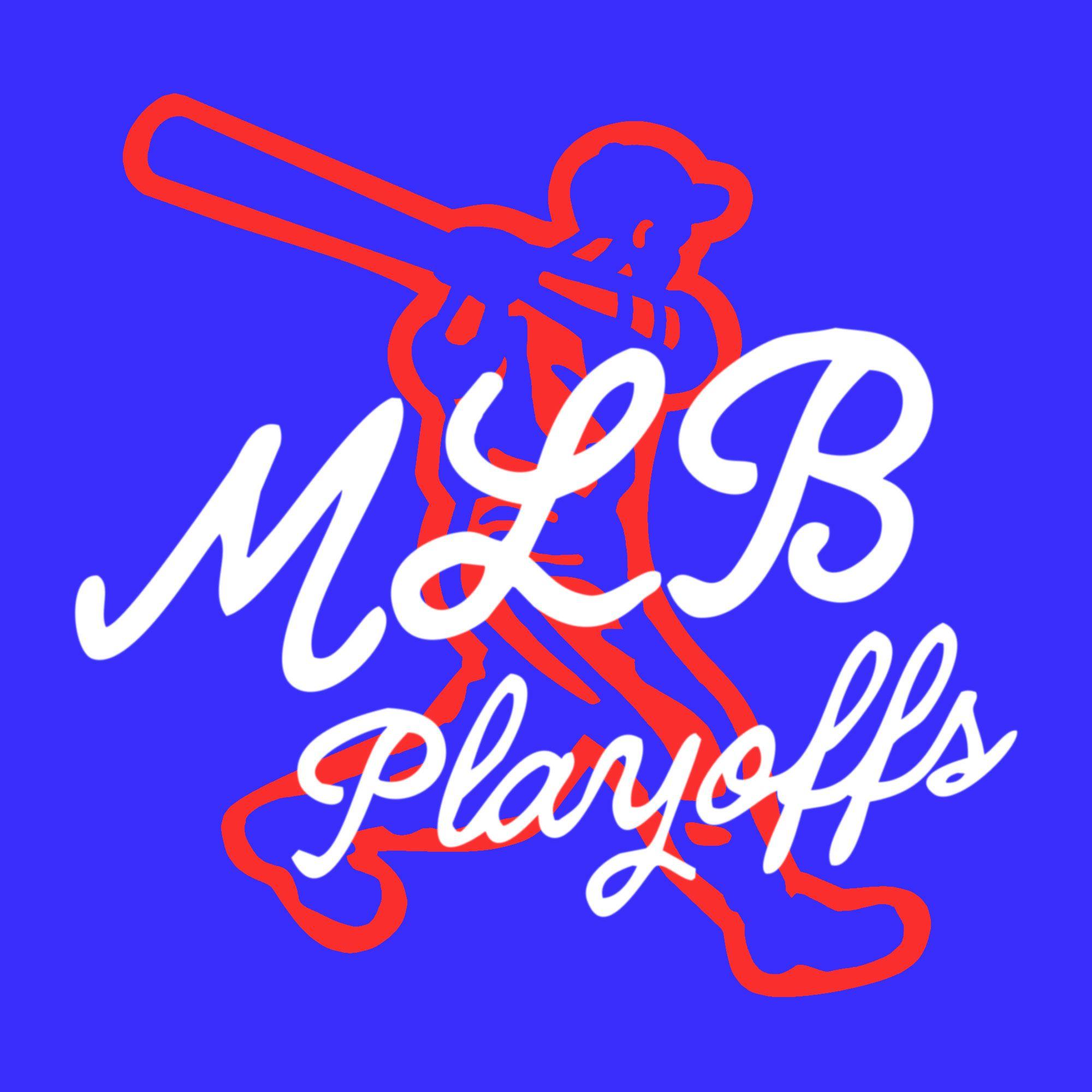A spacecraft, when it runs out of fuel, will continue on its course indefinitely unless it passes through the gravity well of a star or planetary body, in accordance with Newton’s first law of motion. After winning Game 1 of the ALCS in dominant fashion, the Houston Astros ran out of gas, and since they had to contend with outside forces—gravity, air resistance, the Boston Red Sox—they finally ground to a halt.
Boston won its fourth straight game on Thursday night, by a score of 4-1 behind a surprisingly stalwart David Price, to finish off a five-game series victory. That margin and the scores of the individual games belie how close the series was, and the watershed moments are evident. There was Gerrit Cole’s throwing error in Game 2 and the controversial fan interference call from Game 4. Twice Houston nearly broke Craig Kimbrel—in fact, when the last out of Game 4 left Alex Bregman’s bat, it was more likely than not to turn into a game-tying hit.
Even Game 5, which Boston led nearly wire-to-wire, hinged on two home runs: a third-inning bomb by J.D. Martinez that came after a missed strike-three call and a sixth-inning mortar shot by Rafael Devers that nestled into the extreme right-hand corner of the Crawford Boxes, the famous left-field promontory of Minute Maid Park.
Against Boston, Carlos Correa and José Altuve were both compromised by injuries, the latter restricted to DH by a bum knee that left him limping around the bases. But more than anything else, the Astros were doomed by their own failure to come up with hits in key situations. Outfielder Josh Reddick said as much after Game 4.
While the Red Sox rained hits down on Houston with two strikes and/or two outs—Jackie Bradley Jr. alone had nine two-out RBI in games 2, 3, and 4—the Astros went just just 4-for-21 with runners in scoring position in games 3, 4, and 5. Boston went 9-for-25.
When baseball people talk about “getting the breaks,” this is what they mean—a couple of iffy calls in the other direction, a couple of more clutch hits, and it could well be the Astros celebrating winning the pennant right now and not the Red Sox. Those are the margins by which a series between the two best teams in baseball—and make no mistake, that’s what this ALCS was—is so frequently decided. And no matter how many guys named Kyle you send out to spy on the opposition, there’s no way to plan ahead for the obstacles the Astros were ultimately unable to overcome. It’s facile, and a little reductive, but it’s true: In October, being good isn’t enough—you have to be lucky as well.
Bromides about the unpredictability of playoff baseball probably won’t comfort Astros fans, but this should: Houston’s competitive window, which has already been open for four years and has already produced two division titles, two trips to the ALCS, and a World Series, will remain wide open for the foreseeable future.
This offseason, for the first time, the Astros will have to make hard choices about their core. Evan Gattis will likely move on, as will the veteran catching duo of Martín Maldonado and Brian McCann, assuming Houston turns down McCann’s $15 million option for next season. But Maldonado was a rental and McCann and Gattis were phased out of the starting lineup months ago. Charlie Morton will be a free agent after this season, as will Dallas Keuchel and Marwin González, who along with Altuve are the only three remaining holdouts of the dark days of 2012, when the Astros won just 55 games.
Even so, the Astros are swimming in rotation depth—Collin McHugh and Brad Peacock have both been above-average big league starters in the recent past, and if Morton and Keuchel depart, that’ll free up two rotation spots for Josh James, who pitched in relief in the playoffs, showcasing a 102 mph fastball and a 92 mph changeup, and Forrest Whitley, one of the best pitching prospects in baseball. If Houston needs to look outside the organization for help, only four players on the active roster are guaranteed more than $10 million next year, and only Justin Verlander is guaranteed more than $13 million—a big-market team like the Astros should have plenty of cash to splash on free agents if they so choose.
The challenge in 2019 and beyond is maintaining the success of the past four years—rolling over the roster gradually and locking in the likes of George Springer, who hits free agency after the 2020 season, and then Correa and Bregman after that. Doing upkeep on a team like the Astros isn’t easy, but it’s nowhere near as difficult as building a team like the Astros in the first place. In all likelihood, they’ll get at least one more crack at the ALCS, maybe as soon as next year, and maybe next time, they’ll find themselves on the right side of the margins.
